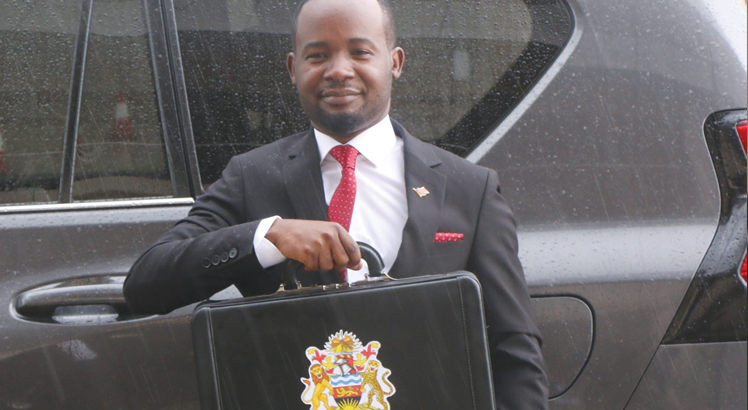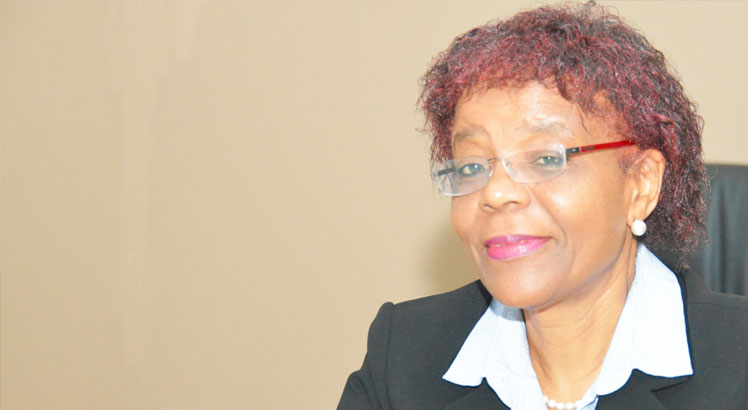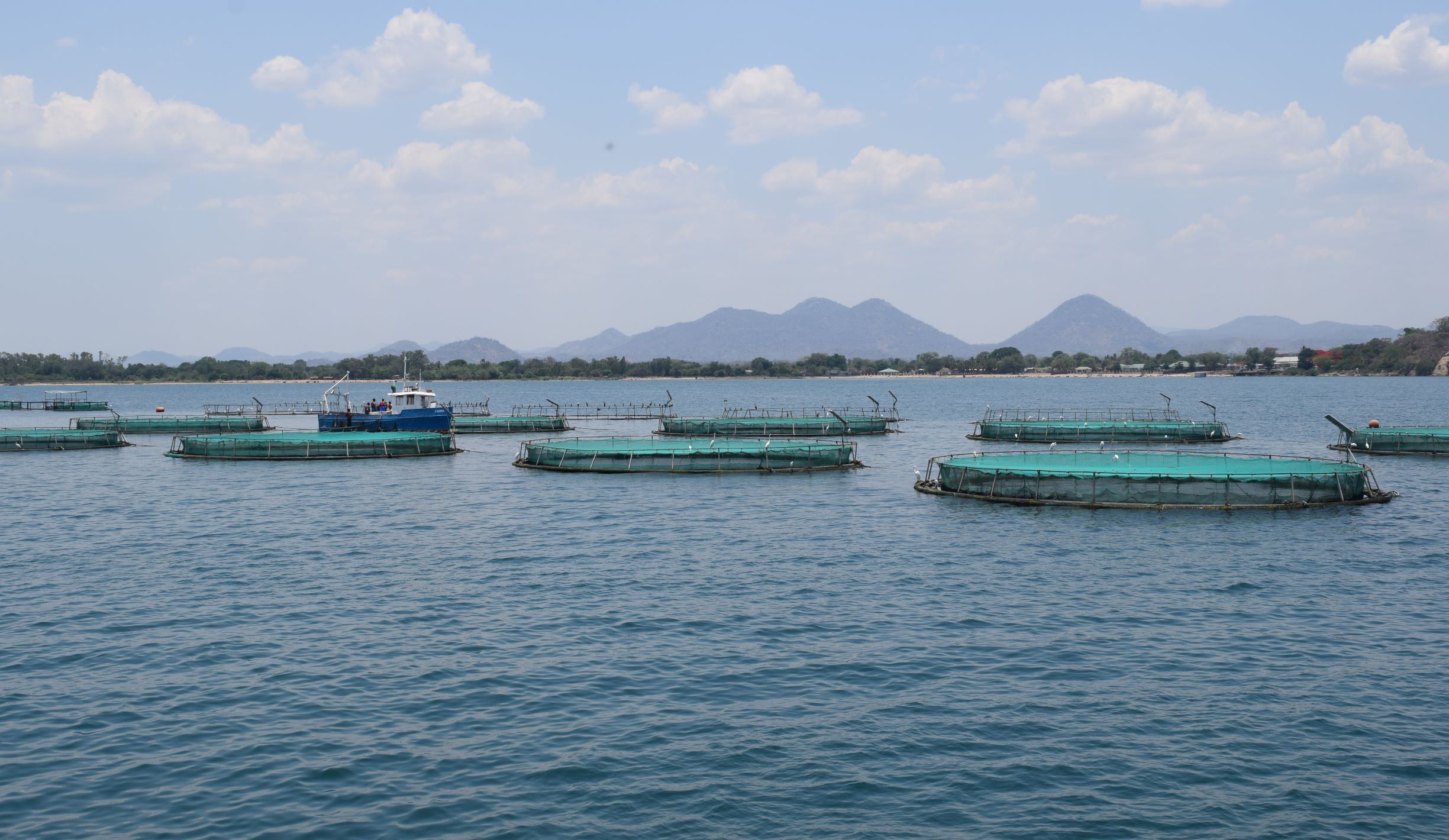Inside the 2023/24 national budget
Minister of Finance and Economic Affairs Sosten Gwengwe on Thursday presented to the National Assembly the 2023/24 National Budget, pegged at K3.87 trillion, which is 35.7 percent higher than the previous year’s K2.85 trillion budget that will balloon to K3.04 trillion by the end of the financial year on March 31 2023. Our reporter FRANK NAMANGALE summarises the financial plan:
In his preamble, the composed Finance Minister begged Speaker of the National Assembly Catherine Gotani Hara to move that the estimates on the Recurrent and Development Accounts for the 2023/2024 National Budget of the Malawi Government, be referred to the Committee of the whole House, to be considered vote by vote, and thereafter adopted.

The minister, in accordance with the requirement of Section 33 (3), of the Public Finance Management Act of 2022, is mandated to present before the august House a statement of the estimated receipts in form of tax revenue, grants and all other revenue as well as details of government’s proposed expenditure of the available resources.
Gwengwe informed the House that the 2023/24 National budget was formulated in line with the aspirations of the country as outlined in the Malawi 2063 First Ten-Year Implementation Plan (MIP-1). He said the resources for ministries, departments and agencies (MDAs) were, therefore, allocated based on the pillars and enablers.
The budget, he said, was also aligned to MIP-1 Focus Areas and also the State of the Nation Address delivered by President Lazarus Chakwera on February 17 2023 titled ‘Delivering Economic Transformation and Governance Reform through Sacrificial Action and Service Excellence’.
The minister told the House through the budget, the government was hoping to implement policy reforms that enhance resource mobilisation accompanied by prudent expenditure management to ensure that the country’s debt is put on a downward trajectory.
“What this means is that our expenditures should to a large extent be within our domestic resources. It is for this reason that this statement is titled: Sacrificing today for a better tomorrow: Regaining macroeconomic stability and growth through collective responsibility for our shared future,” Gwengwe said.
On the world economic outlook, the Finance Minister told the National Assembly the economic developments at the global, regional and national levels affected the implementation of the 2022/23 National Budget and will continue to have an impact on the budget he was presenting.
“Madam Speaker, Malawi’s economy slowed in 2022 as it registered real GDP [Gross Domestic Product] growth of 1.2 percent down from a growth of 4.6 percent in 2021. Growth in 2022 was challenged by intermittent energy supply and weather-related shocks which reduced agricultural output. Moreover, growth in 2022 was affected by supply chain disruptions emanating from the on-going conflict in Ukraine.
“Going forward, the economy is estimated to grow by 2.7 percent in 2023 due to expected high yield in agriculture, stabilisation of energy supply and increased output in other economic sectors like mining and construction. In 2024, the economy is projected to grow between three and four percent,” he told the House.
On foreign exchange reserves, the Malawi’s purse keeper said the reserves remained remarkably low as need for imports far outpaced the exports. He said the Reserve Bank of Malawi (RBM) implemented a surrender requirement of 30 percent of exports and, in May 2022, devalued the Malawi kwacha. He assured gross official reserves are expected to recover to above three months of import in the medium term.
Gwengwe told the House that as at end December 2022, total public debt reached K7.90 trillion or 69.93 percent of GDP. Out of this stock, he said, K4.43 trillion is domestic debt while K3.47 trillion is external debt.
“Madam Speaker, let me now turn to the 2022/23 Budget performance. The likely outturn for total expenditure for the 2022/2023 Fiscal Year is estimated at K3.04 trillion, representing 26.7 percent of GDP, comprising K2.35 trillion of recurrent expenditure and K688.45 billion development expenditure,” he said.
Gwengwe said he was delighted to inform the National Assembly that government made substantial progress in some of the projects that were budgeted for in the 2022/23 financial year financed by loans and grants from foreign sources as well as direct financing from domestic resources.
“His Excellency the State President, Dr. Lazarus McCarthy Chakwera officially opened the 250-bed capacity Phalombe District Hospital in October 2022. I further wish to report that government completed and handed over Nsanje, Chitipa, Salima, Nkhotakota emergency treatment units and expanded the Queen Elizabeth Central Hospital Intensive Care Unit.
“In addition, an oxygen gas plant house has been constructed at Mzuzu Central Hospital and the gas plant installation is underway and expected to be completed by end March 2023. Government also completed rehabilitation of Area 23, Chilanga, Namcholi health centres and Umoyo House in Thyolo and Chikwawa. The construction of the bunkers for the Cancer Centre is in progress and construction of superstructures at Mponela Community Hospital is at an overall progress of 40 percent,” he told the House.
The Finance Minister said construction of state-of-the-art Lilongwe Institute Orthopaedic and Neurosurgery at Kamuzu Central Hospital was near completion. The facility, he said, will provide neurosurgical, orthopaedic services, laboratory, CT scan, operating theatres and MRI scan.
The minister said with regard to the government’s initiative to secure the lives of people with albinism, he reported that 21 houses so far have been completed and 19 of them have been occupied.
The minister reported work progress on various road projects such as Kenyatta Road and Sharrar Street, upgrading of Chitipa-Ilomba Road, construction of Mwanza–Neno– Tsangano-Ntcheu Road, Rumphi–Nyika–Chitipa road, Lirangwe–Chingale–Machinga road, Malomo–Mpalo–Ntchisi–Dzaleka Road and Kanengo Lilongwe City Road, among others.
“[On] Agriculture Commercialisation Programme, the [Malawi] Government, in collaboration with the World Bank, is preparing phase two of the Programme to the tune of US$235 million up from the currently US$95 million. The future is Agriculture commercialization,” he said.
The minister reported that during the 2022/23 financial Year, government constructed community technical colleges in Nkhotakota, Chikwawa, and Chiradzulu.
“Currently there are 20 community technical colleges that are operational with an overall enrolment of 7 220. Other colleges are being constructed in Rumphi, Machinga and Nsanje,” he said.
Gwengwe reported that building on the on-going discussions with the International Monetary Fund (IMF), government was also engaging the World Bank and the European Union for possible budget support. Among others, he said, the World Bank has committed about US$160 million, approximately K164.8 billion for a Development Policy Operation budget support while the EU would announce its committed amount as discussions continue.
After the eight percent salary increment to civil servants in this budget, he said wages and salaries are estimated at K897.00 billion, representing 23.2 percent of total expenditure and 5.9 percent of the country’s GDP.
“Madam Speaker, 2025 is an election year. We cannot fund our elections using one financial year budget. To this end Malawi Electoral Commission has been allocated K45.95 billion to start initial preparation processes. We thank the EU for showing commitment to partner government in this very important democratic and governance exercise and I call upon other partners to come forward and ensure that 2025 delivers a credible election. “Madam Speaker, I beg to move,” requested the Finance Minister.





